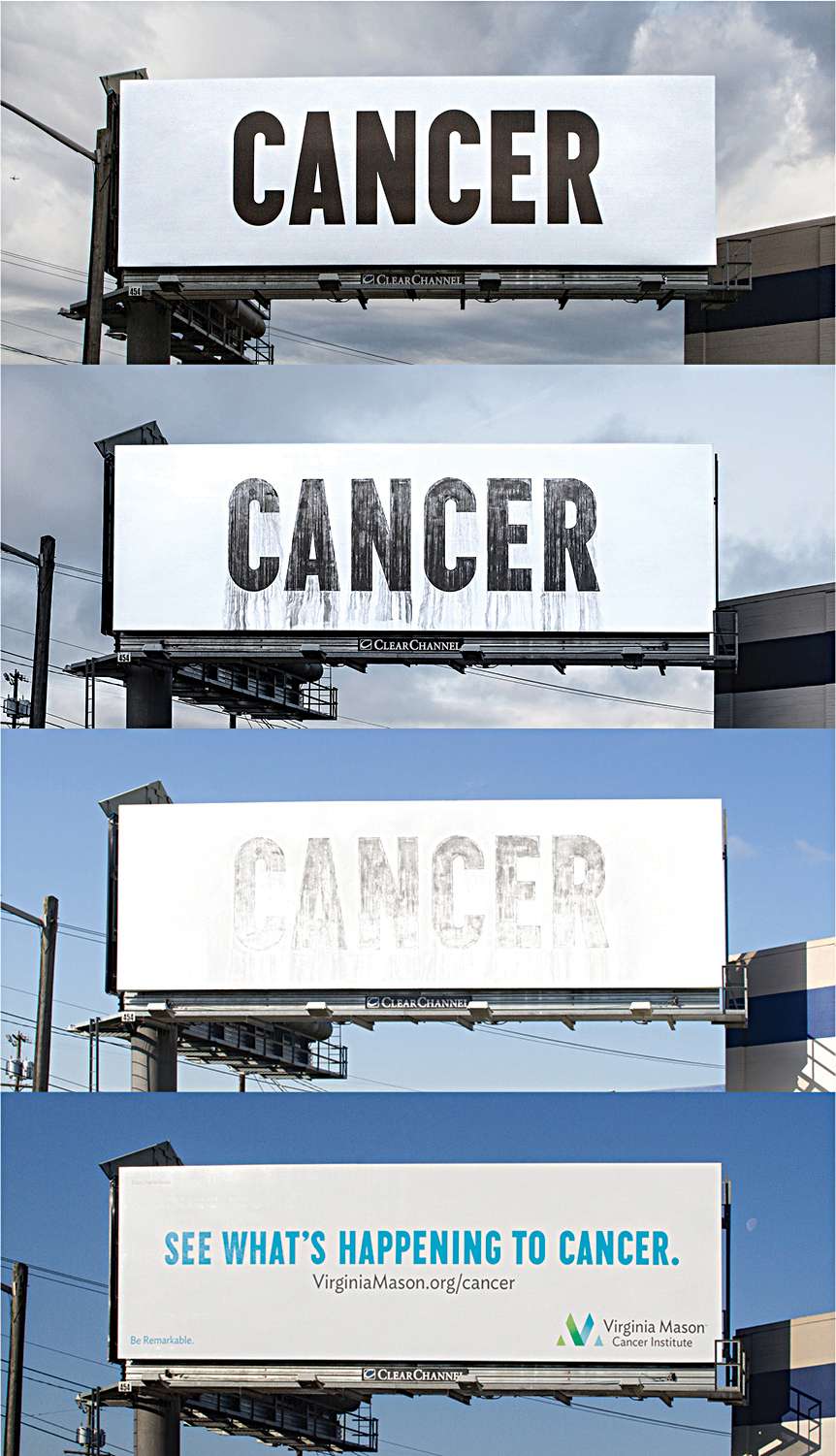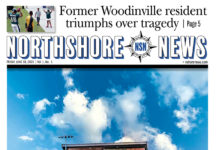By Larry Coffman
Who knew…
… that when I was listening last Spring to Cal McAllister and the chief of Amazon’s large and expanding in-house creative staff give a joint presentation on the growing trend toward in-house creative teams, and..
… that Cal’s lead article in the May/June 2017 issue of MARKETING newspaper, with the double-deck banner headline: “Big Firms Bringing Work In-House, And They’re Serious This Time,”…
…were harbingers of the news on Feb. 2 that took the Seattle marcomm community by complete surprise? (See comments at the end of this post.)

McCallister, of course, is the co-founder of the agency with the quirky name and reputation for award-winning creative work, Wexley School for Girls. He’s also the one to announce that the 15-year-old agency will shutter its doors sometime this Spring, leaving him and 37 other employees to look for work.
The announcement put the spotlight not only on the in-house creative trend but on two other concerns highlighted in the recent MARKETING Marcomm Creative survey: the new predominance of project-based (rather than media-commission based) compensation; and changes in how the industry and clients alike view creative.
Wexley collaborated with Amazon on last year’s Amazon Super Bowl spot, but this year’s two Amazon spots, a :90 and a :30, reportedly were produced by London-based Lucky Generals.
Credit for the Wexley scoop goes to Doug Zanger of The Drum, a global media platform. His wide-ranging online interview with McCallister and Wexley co-founder Ian Cohen is must-read for anyone in the Seattle marcomm community.
 R.I.P. Wexley, and thanks for your many creative contributions, including the Best of Show Cancer Rainboards (above) for Virginia Mason Medical Center in the 2015 MARKETING Awards competition.
R.I.P. Wexley, and thanks for your many creative contributions, including the Best of Show Cancer Rainboards (above) for Virginia Mason Medical Center in the 2015 MARKETING Awards competition.
Tracy, the Wong in WONGDOODY, was in disbelief: “At first, I thought it was an April Fool’s joke. But it’s February. All I can think of is how sad it is for the creative community here.
“What Cal says is what I feel every day. The business is getting harder and harder. Things are fundamentally changing. By the minute. More competition. Shrinking margins. More complex assignments. Less juicy ones. Less stability. Way more uncertainty.
“But as an agency owner, you have to have some hope. Rapid change does not always mean extinction. But it does mean you have to evolve. Great creative thinking is still needed—everywhere. You just have to keep finding where the “where” is. All of the big companies that Cal mentioned—Amazon, Apple, REI— have gone in-house, but they all still work with outside agencies. Just not the way we’re used to. And the companies that aren’t global behemoths who can afford top-notch talent? They still need agencies. But what kind of agencies? All sorts.
“I have a feeling that the founders of Wexley are about to reinvent themselves. They invented Wexley, didn’t they? Reinvention. Creative people do that. Great creative people do that all of the time.”
Green Rubino principal John Rubino had this to say. “It’s always sad when an agency closes its doors. Wexley helped keep Seattle seen as a creative force on the national front. Advertisers in our region really don’t need to look outside of Seattle for a great agency partner. Our industry is definitely different than it was 10+ years ago. For us, it’s always been about embracing that change, and finding new ways to step up with emerging technologies, new and different media types and evolving client needs. We’ve been through many business cycles at the agency—we’ve learned to adapt, and we’re stronger because of it.”
Gary Meyers, principal of leading B2B agency, BlackWing Creative, wrote: “Wow! That’s a doozy. I guess I’m most surprised because I didn’t think of Wexley as a traditional agency and believed they had transitioned to more innovative creative channels. All the publicity they garnered—I just assumed it was successful for them. What I do know is those guys kicked our (and others’) ass good on two account wins, Weyerhaeuser a couple of years ago and another (unnamed) account just last November.“
An equally surprised Dave Remer, principal of remerinc, said: “To see such a unique creative group calling it quits is surprising, to say the least. It’s an ominous shot across the bow for all of us when reading Cal’s rationale for his decision. There can’t be one agency with whom his comments don’t resonate. I worry that today’s ad tools have contributed to the mistaken perception that native creativity can be bought or licensed. It also may remind us to avoid indulging our collective egos and focus more on providing durable solutions for our clients.”
And this comment from Jim Copacino, principal of Copacino+Fujikado: “Cal and Ian built a singular agency and we all benefitted from their creativity and energy. They were great competitors who spurred us to be better. There always will be a place for regional, independent agencies. But we have to adapt to the challenges cited that led to their decision to shutter Wexley: The rise of in-house creative services, the decline of AOR relationships and the increasing amount of resources and specialization required to manage an account. On a personal note, I’d love to have one of those rubber chickens that hung in their storefront window as a reminder of two special people who brought fun and joy to our industry.”
Retired advertising icon Ron Elgin weighed in with this comment: ““I was sad to read about the closing of Wexley. I’ve been a fan of their cutting-edge work since their inception. While I don’t know the reason for their demise, I do know that, in this competitive marketplace, it’s very difficult to grow profitably, let alone survive. RIP, indeed.”
Bill Fritsch, a local advertising veteran and now vice chairman of Digital Kitchen wrote: “It’s hard to imagine why a firm like Wexley should have to close. We live in an age when pure creativity is more important than ever. Wexley forever will stand tall for boldly pursuing creative ideas and fostering a take-risk culture. We need more firms like them, not fewer.”
Long-time local ad exec and now the principal of an agency that counsels small business, Bill Hoke, said: “Looks to me like the future of the advertising agency business may be in some jeopardy. Everything seems to be skewing to projects, and traditional media commissions are all but going, going gone. And you don’t need a huge staff (Wexley, et al) to bid on creative projects.






